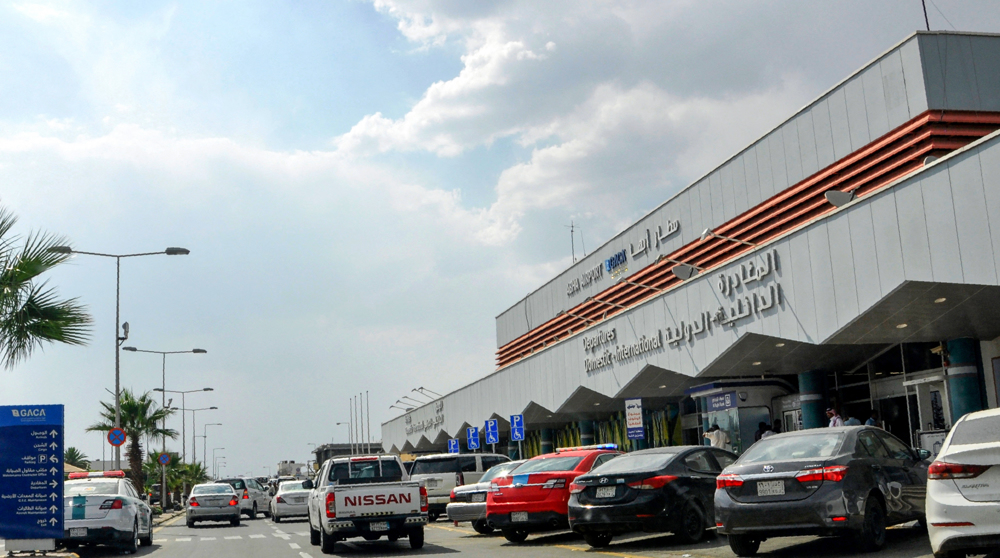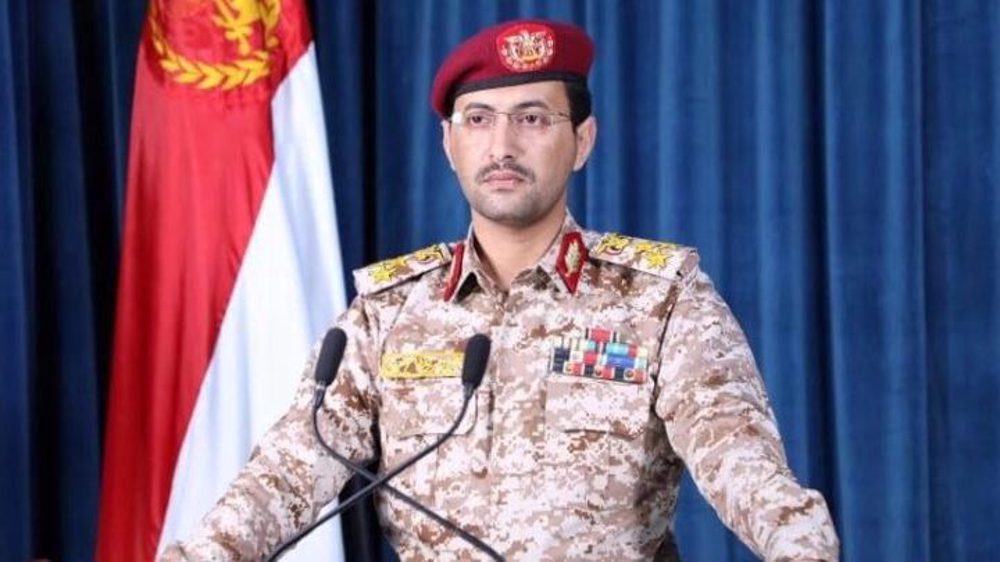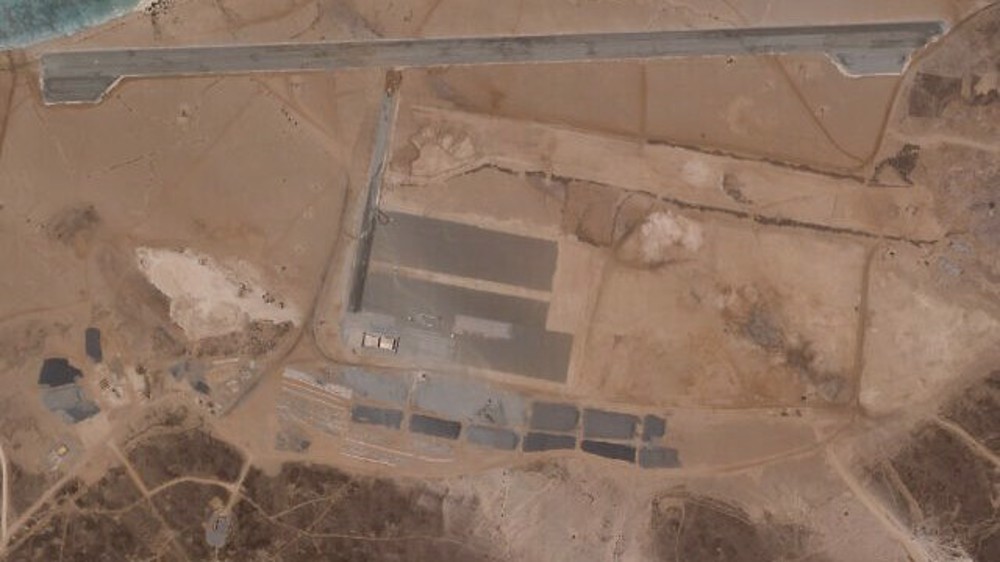Saudi attacks giving rise to al-Qaeda affiliates in Yemen: Analyst
Press TV has conducted an interview with Catherine Shakdam, the director of Shafaqna Institute for Middle Eastern Studies, to discuss Saudi Arabia's attacks against the Yemeni people despite peace talks currently underway in Kuwait.
The following is a rough transcription of the interview.
Press TV: You have these peace talks underway and yet the Saudis are bombing Yemen. Doesn’t sound like there should be peace talks in the first place?
Shakdam: Not at all. Again it says a lot about how the Saudis are conducting their affairs I would say. I think you need to understand this new wave of bombing in Yemen is retaliation to the fact that the UN and the international community is actually backing the resistance movement of Houthi in relation to the peace talks where they are actually slowly coming around and understanding that things do not going to manage to break them the matters they work with them and I think that the Saudis took this the wrong way and are angry that not only they are not losing ground in Syria but they are not losing one in Yemen because the resistance has proven to be much more resilient than anyone anticipated and I think that people tend to forget that you have over twenty six countries fighting against just one nation, the poorest nation of southern Arabia for that matter and yet no one has managed to break them and the resilience has proven not only extraordinary but they have managed to win against the Saudi on their own land, they have managed to have incursion inside Saudi Arabia to try to make the Saudi understand that they will not let this go away and the resistance would actually become an aggression as well that they would not lay down to see millions of their people be put in harm’s way and facing death by humanitarian blockade and so the Saudis are now trying to lay waste to the peace talks because they understand that they are losing political ground and they are trying to engage and force the Houthis to retaliate violently against them to then say that you cannot discuss with the people who are still determined to wage war. I think that is the narrative that they are trying to build. Of course it is not going to work because they are the only one with airplanes bombing Yemenis and the Yemenis are just on the receiving end of it but still I think it speaks a lot about the dichotomy that exists now in Saudi Arabia in between what they want to achieve and the realities on the ground that people are actually resisting their tyranny.
Press TV: Do you think that you give ... to the fact that the Saudis based on their bombing campaign are in direct way giving rise to al-Qaeda which there are reports that especially in al-Mukalla they are running the show that they are making two million box a day of oil, I guess they ransacked a bank and the forces grown quite in number and overall giving rise to the AQAP which runs against what the US initially obviously wanted I would think which they have claimed to be the most dangerous terrorist threat to the US main land?
Shakdam: Absolutely. I just wanted to say this. I don’t think that they are helping anybody. I think they are all al-Qaeda. If you go back in February who did they appoint as the VP and Prime Minister? General Ali Mohsen al-Ahmar who was himself a leader of al-Islah, who acted in umbrella for the Muslim Brotherhood and we know that within the Muslim Brotherhood and within al-Islah ranks we had well-known al-Qaeda affiliates if not leaders and so yes you need to ask yourself the question why is it that they are coming back to the forefront of the political scene and it is acting in ... of the government as prime minister and vice president. It means that the Saudis once again are reverting to their policy of using the Muslim Brotherhood, using al-Qaeda affiliates, using radical militias inside Yemen to try to forward their own agenda.
They have tried everything. Bombing is not working, tugging people is not working, so they are trying to go back to their favorite weapon which is creating radicals and sending Wahhabi legions inside Yemen and of course they are in the South of Yemen in Mukalla, in Hajjah, and in Aden. Why? Because those areas are still under the control of the Saudis because Aden, if I recall hopefully, is under de facto occupation by the Saudi and UAE troops and so this is the way you see al-Qaeda flourished.
So, you need to seriously look at the map of Yemen and see where those al-Qaeda cells have risen up again and you can see quite clearly that they are not suddenly flourishing where the Houthis have control, where the Saudis have control and so it becomes evident and ridiculously apparent that yes the Saudis are al-Qaeda, the Saudis are using al-Qaeda as their proxy in the region, not just in Yemen but everywhere else, where they want to see regimes and governments toppled to see the rise of their own proxies and their own parties but the Yemenis are quite aware of this. Even President Ali Abdullah Saleh back in 2011 warned that the Saudis would use this weapon against the Yemeni people. Nobody paid attention because then they just assumed that he wanted to hold on to his presidency and even though it might have been so it doesn’t make it more real that al-Qaeda is in fact working for the Saudis and the al-Qaeda was created in a way because they received finance and training from the Saudis. There is no way around it. People need to really wake up and look at the issue of radicalism as the Saudi problem. We don’t have radicalism problem, we have a Saudi problem, we have a Wahhabi problem.
Settlement expansion proves Israel cannot be trusted for any peace deal: Hamas
VIDEO | Press TV's news headlines
Trump 2.0 and its possible implications on Ukraine war, NATO and Europe
Israeli commander exposed troops to resistance fire to steal plasma screens
Iran lifts ban on WhatsApp, Google Play
VIDEO | Palestinian childhood under threat
Yemeni forces strike Israeli military site with hypersonic missile
Yemeni missiles alter US, Israel’s calculations: Iranian FM









 This makes it easy to access the Press TV website
This makes it easy to access the Press TV website